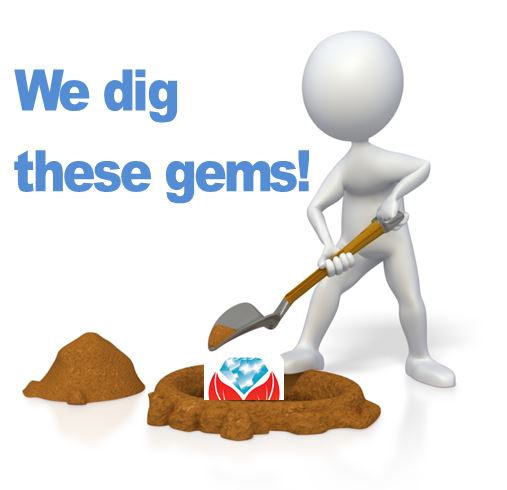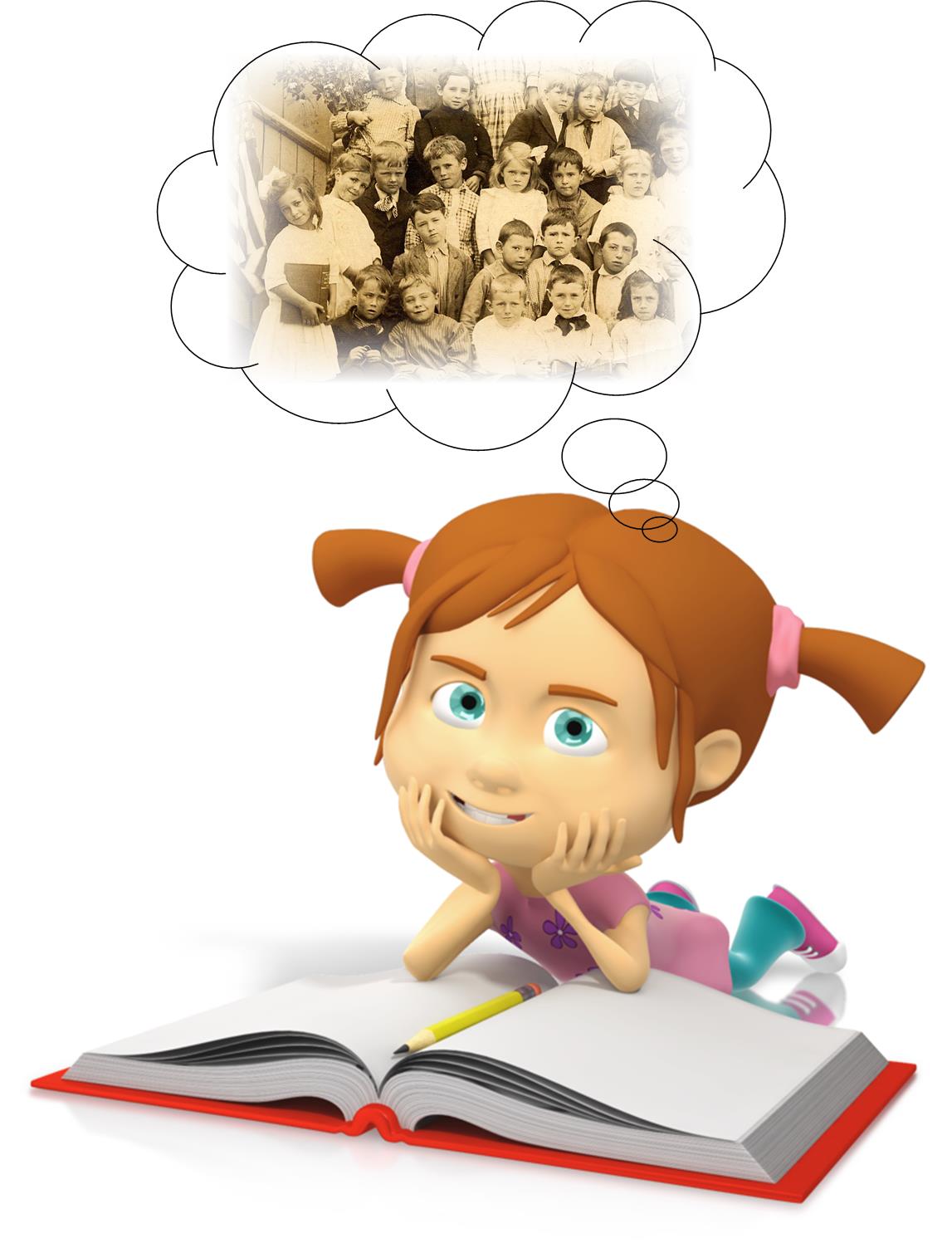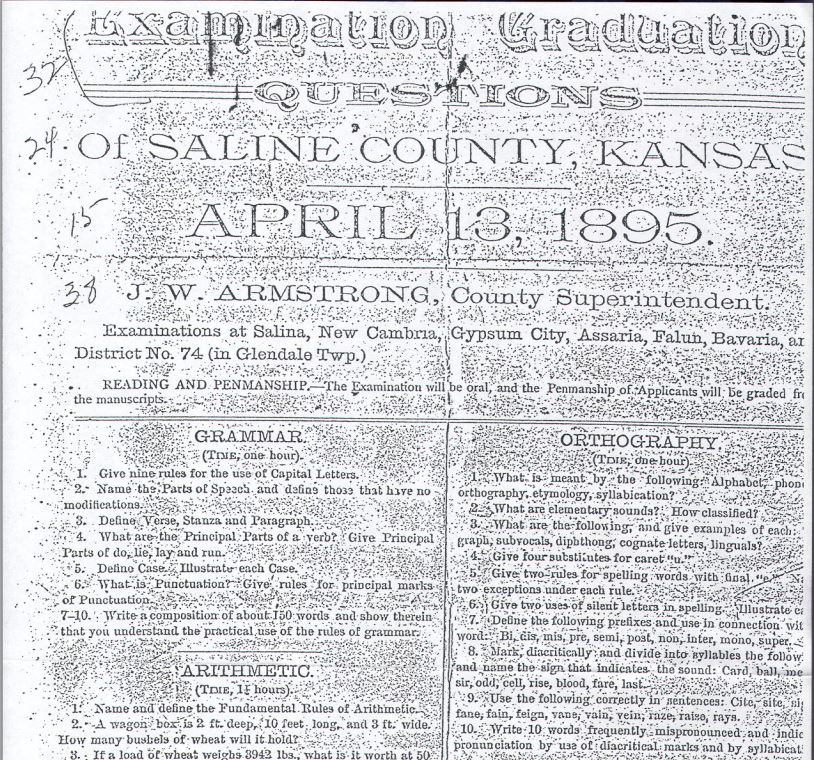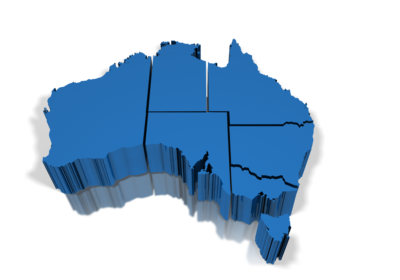by Lisa Cooke | Apr 10, 2015 | 01 What's New, Records & databases
Every  Friday, we post highlights of fabulous new genealogy records online. Scan these weekly posts for content that may include your ancestors. Use these record types to inspire your own search for similar records elsewhere. And always check out our Google tips at the end of each list: they are custom-crafted each week to give YOU one more tool in your genealogy toolbox.
Friday, we post highlights of fabulous new genealogy records online. Scan these weekly posts for content that may include your ancestors. Use these record types to inspire your own search for similar records elsewhere. And always check out our Google tips at the end of each list: they are custom-crafted each week to give YOU one more tool in your genealogy toolbox.
This week we highlight lots of British records and the WWI era:
UK SCHOOL RECORDS. FindMyPast has posted two new datasets on this topic. British School & University Memorial Rolls, 1914-1918 includes over 58,500 students from prominent UK universities who fought in World War I. And nearly 2 million names have been added to the UK National School Admission Registers & Log-Books, 1870-1914. These cover students in England and Wales, 1870 to 1914. FindMyPast says, “Explore their school records to find their birth date, admission year and the school they attended. You may also be able to discover their parents’ names, father’s occupation, exam results and any illnesses that led to absence from school.”
UK TAX RECORDS. About 10 million records and more than a half million images have been added to England, Westminster Rate Books, 1634–1900 at FamilySearch. According to the site, “This collection contains rate books from various parishes in Westminster City from 1634-1900. The rate books were an assessment of tax that was owed and are an excellent census substitute.” The index comes from FindMyPast, where subscribers can also search this collection.
UK WWI SERVICE RECORDS. Over 4 million records have been added to United Kingdom, World War I Service Records, 1914–1920. “This collection contains World War I service records from 1914-1920,” says the collection description. “It contains records from two publications in the National Archives: WO 363 (War Office: Soldiers’ Documents, First World War “Burnt Documents”) and WO 364 (War Office: Documents from Pension Claims, First World War).”

Google owns YouTube, the world’s most popular online video channel. More and more historical footage is being posted on YouTube, from amateur home movies to rare news footage and more. The search box is your best tool for finding footage of events, places and people, including World War I and II events. Conduct a search with the keywords that best describe what you’re looking for. After that initial search, the Filters button will appear: click the down arrow to reveal more search options and options to sort search results. Click here to see rare video footage I found on YouTube that made my jaw drop–it’s my husband’s great-grandfather, his fire truck and his dog.
by Lisa Cooke | Mar 6, 2015 | Australian, British, Findmypast, images, Irish, Newspaper, Records & databases
 Beginning today, try FindMyPast for FREE –all weekend long!
Beginning today, try FindMyPast for FREE –all weekend long!
Over 2 billion historical records will be available to search beginning Friday, March 6 and ending Monday, March 9 (start and finish at midday London time (GMT)). Local subscribers will have World access during this time and World subscribers get an extra three days tacked onto their subscriptions.
What kinds of records are we talking about? According to FindMyPast:
- “Over 900 million census records from across the UK, USA and Ireland;
- Passenger lists for ships sailing to and from Europe, Australia, New Zealand, and the USA;
- Birth, marriage and death records dating back to the 18th century, and the largest online collection of UK parish records;
- The most comprehensive collection of UK military records anywhere online;
- The largest collection of Irish family history records available online;
- Historical newspapers from across the world, including more than 10 million British newspaper pages from as long ago as 1710;
- An easy to use online family tree builder which allows you to import and export your tree if you’ve built it elsewhere;
- Our automatic Hints feature, which automatically searches our records for you and suggests potential matches to the people you add to your family tree.”
You may also find these resources helpful:
Webinar on Finding Female Ancestors. To celebrate International Women’s Day, at 7am EST on Sunday 8th March, Findmypast will host a webinar on searching for women in historical records. Women are usually tougher to find than men in old records because a) they were mentioned much less frequently and b) their names changed with their marital status.
Getting Started Video. Findmypast has created a new Getting Started video which will be available to view beginning this weekend.
Find out more at Findmypast’s dedicated Free Weekend page.
by Lisa Cooke | Jan 27, 2015 | 01 What's New, History, Kids, Memory Lane, School Records, United States
 In years past, a five-hour graduation exam was required for eighth graders (around 13 years old) in many U.S. states. It made me wonder: are questions they asked still relevant today? How well would we score? Are we smarter than an 8th grader from 120 years ago?
In years past, a five-hour graduation exam was required for eighth graders (around 13 years old) in many U.S. states. It made me wonder: are questions they asked still relevant today? How well would we score? Are we smarter than an 8th grader from 120 years ago?
A copy of an 1895 graduation exam from Kansas has become famous since being circulated online. We tracked down the original exam at the Smoky Valley Genealogical Society in Salina, Kansas.
Here’s the Geography part of the exam, which took an hour (taken from a transcription at the above website):
1. What is climate? Upon what does climate depend?
2. How do you account for the extremes of climate in Kansas?
3. Of what use are rivers? Of what use is the ocean?
4. Describe the mountains of N.A. [presumably North America]
5. Name and describe the following: Monrovia, Odessa, Denver, Manitoba, Hecla, Yukon, St. Helena, Juan Fernandez, Aspinwall, and Orinoco.
6. Name and locate the principal trade centers of the U.S.
7. Name all the republics of Europe and give capital of each.
8. Why is the Atlantic Coast colder than the Pacific in the same latitude?
9. Describe the process by which the water of the ocean returns to the sources of rivers.
10. Describe the movements of the earth. Give inclination of the earth.
The Smoky Valley Genealogical Society has posted a copy of the original exam, along with links to the answers, at the above link. Their site also comments, “Many people forget that Kansas is an agricultural state. 8th grade was as far as many children went in school at that time. It was unusual for children to attend either a high school or a normal school because they were needed on the family farms.”
Wonder how each of our forebears would do on it? Consider following up on an ancestor’s level of education (like from a census entry) by finding a copy of a textbook, exam or another document showing the kinds of things they would have learned? The free Google Books is a great place to start! I devote an entire chapter to Google Books in the brand new Second Edition of my book The Genealogist’s Google Toolbox.
Learn more about researching your ancestor’s education here at Genealogy Gems:
Genealogy Gems Premium Podcast Episode 98 answers a listener’s question about finding Yearbooks. Sign in to your membership to listen, or become a member today.

Image taken from exam posted by the Smoky Valley Genealogical Society, Salina, KS, http://www.rootsweb.ancestry.com/~kssvgs/school/exam1895/8th_exam_orig.pdf.
You’ll never look at “8th Grade Education” in a genealogical document the same way again!
by Lisa Cooke | Jan 21, 2015 | 01 What's New, Australian, Evernote, Listeners & Readers, Organization
 Do you use Evernote for genealogy, or are you planning to? Why not try a research checklist template?
Do you use Evernote for genealogy, or are you planning to? Why not try a research checklist template?
Genealogy Gems listener Michelle Patient sent us a link to her Evernote template for family history research in Australia and New Zealand. Better yet, she gave us permission to share it with all of you!
This template is a blank checklist you can use for every ancestor you research. On the checklist are all the different record types you might check: each type of vital record, census, land record, electoral roll, etc.l, along with the various repositories that should be visited or contacted. Why not create a similar temple for the countries you research, if you don’t have Aussie or Kiwi roots?
Resources
This is just one way Evernote helps you track your family history research. Learn more with these resources:
How to Get Started in Evernote, and the Ultimate Evernote Education
How to Add Text to a Web Clipping in Evernote
Should Evernote be My Digital Archive?
Genealogy Gems Premium members can enjoy a year’s worth of unlimited access to my complete series of genealogy how-to videos, which includes these full-length classes on using Evernote for genealogy:
 How the Genealogist can Remember Everything with Evernote (Beginner)
How the Genealogist can Remember Everything with Evernote (Beginner)- How to Organize Your Research with Evernote (Intermediate)
- Making Evernote Effortless (Intermediate)
- Collaborative Genealogy with Evernote
(Intermediate)
- Using Evernote to Create a Research Plan
(Advanced)
That’s just a peek at what Genealogy Gems Premium membership offers: click here to learn more!
Page 100 of 101« First«...102030...979899100101»
 Friday, we post highlights of fabulous new genealogy records online. Scan these weekly posts for content that may include your ancestors. Use these record types to inspire your own search for similar records elsewhere. And always check out our Google tips at the end of each list: they are custom-crafted each week to give YOU one more tool in your genealogy toolbox.
Friday, we post highlights of fabulous new genealogy records online. Scan these weekly posts for content that may include your ancestors. Use these record types to inspire your own search for similar records elsewhere. And always check out our Google tips at the end of each list: they are custom-crafted each week to give YOU one more tool in your genealogy toolbox.









